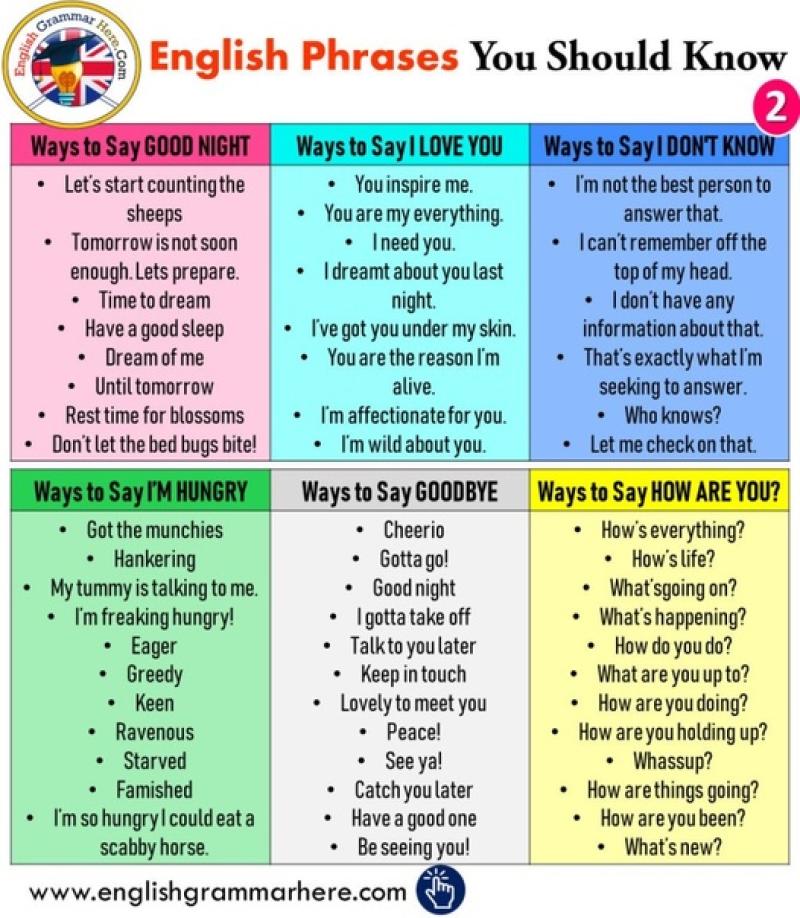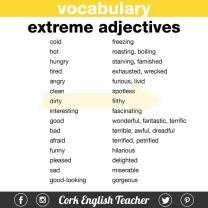How many Spanish phrases do you need to learn?
The number of Spanish phrases you need to learn for effective communication depends on your goals and the level of fluency you want to achieve. However, to start effectively communicating in Spanish, you should focus on learning around 100 essential phrases. These phrases will cover a wide range of topics, including greetings, introductions, asking questions, expressing gratitude, and apologizing.
Here are some examples of essential Spanish phrases:
Greetings:
- Hola - Hello
- Buenos días - Good morning
- Buenas tardes - Good afternoon
- Buenas noches - Good evening
Introductions:
- Me llamo (your name) - My name is (your name)
- Encantado/a - Nice to meet you
- ¿Cómo estás? - How are you?
Asking questions:
- ¿Dónde está el baño? - Where is the bathroom?
- ¿Cuánto cuesta? - How much does it cost?
- ¿Podría ayudarme? - Could you help me?
Expressing gratitude:
- Gracias - Thank you
- Muchas gracias - Thank you very much
- De nada - You're welcome
Apologizing:
- Lo siento - I'm sorry
- Perdón - Excuse me
- No hay problema - No problem
In addition to these basic phrases, you should also learn some phrases that are specific to your interests and needs. For example, if you are planning to travel to Spain, you should learn phrases related to travel and tourism. If you are planning to do business in Spain, you should learn phrases related to business and finance.
Here are some additional tips for learning Spanish phrases:
- Use flashcards or other study aids to help you memorize phrases.
- Practice speaking Spanish with native speakers or other learners.
- Immerse yourself in Spanish as much as possible by listening to Spanish music, watching Spanish movies, and reading Spanish books and articles.
With hard work and dedication, you can learn Spanish phrases and effectively communicate in Spanish.
How many Spanish phrases should a beginner learn to start conversing effectively?
To start conversing effectively in Spanish as a beginner, it's advisable to learn a basic vocabulary of about 500 to 1,000 common words and phrases. This foundational knowledge will allow you to engage in simple conversations and understand essential expressions.
What is the recommended number of Spanish phrases for basic travel communication?
For basic travel communication in Spanish, focusing on a smaller set of 100 to 200 travel-related phrases is often sufficient. These phrases should cover greetings, asking for directions, ordering food, and other common travel situations.
How do you prioritize and learn essential Spanish phrases for everyday use?
Prioritizing essential Spanish phrases for everyday use can be done by focusing on common conversational topics. Start with greetings and introductions, then progress to practical phrases for ordering food, asking for directions, and basic questions. Building your vocabulary step by step is an effective approach.
Is there a specific list of must-know Spanish phrases for tourists?
Yes, there are lists of must-know Spanish phrases for tourists readily available in travel guides and language learning resources. These lists typically include greetings, numbers, phrases for dining, shopping, and asking for help, as well as emergency expressions.
How can you track your progress in learning Spanish phrases and achieving fluency?
To track your progress in learning Spanish phrases and achieving fluency, consider these methods:
- Keep a language learning journal to record new phrases and practice.
- Use language learning apps and websites that provide progress tracking.
- Set specific goals and milestones, such as mastering a set number of phrases each week.
- Engage in conversations with native speakers or fellow learners to assess your ability to use phrases effectively.
- Take periodic proficiency tests or assessments to gauge your language skills and areas for improvement.













